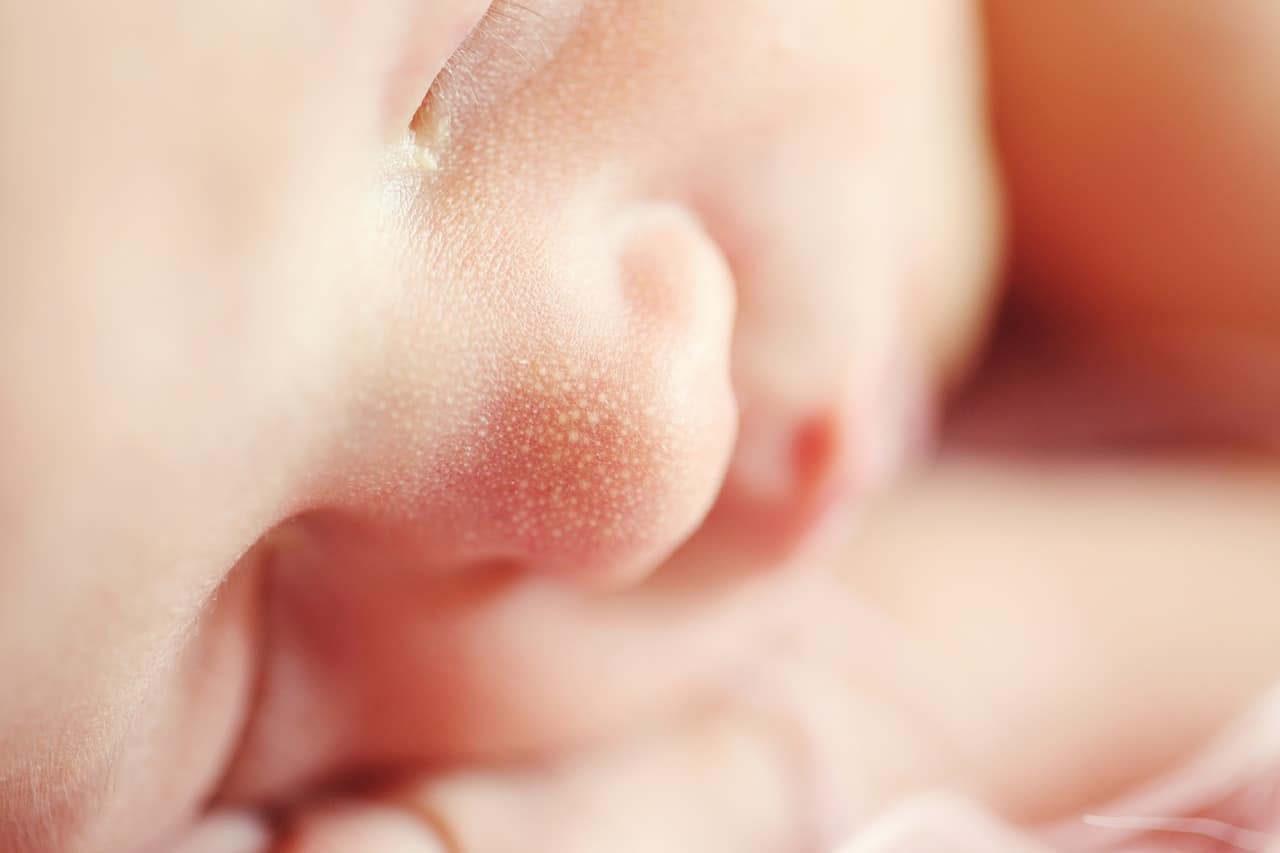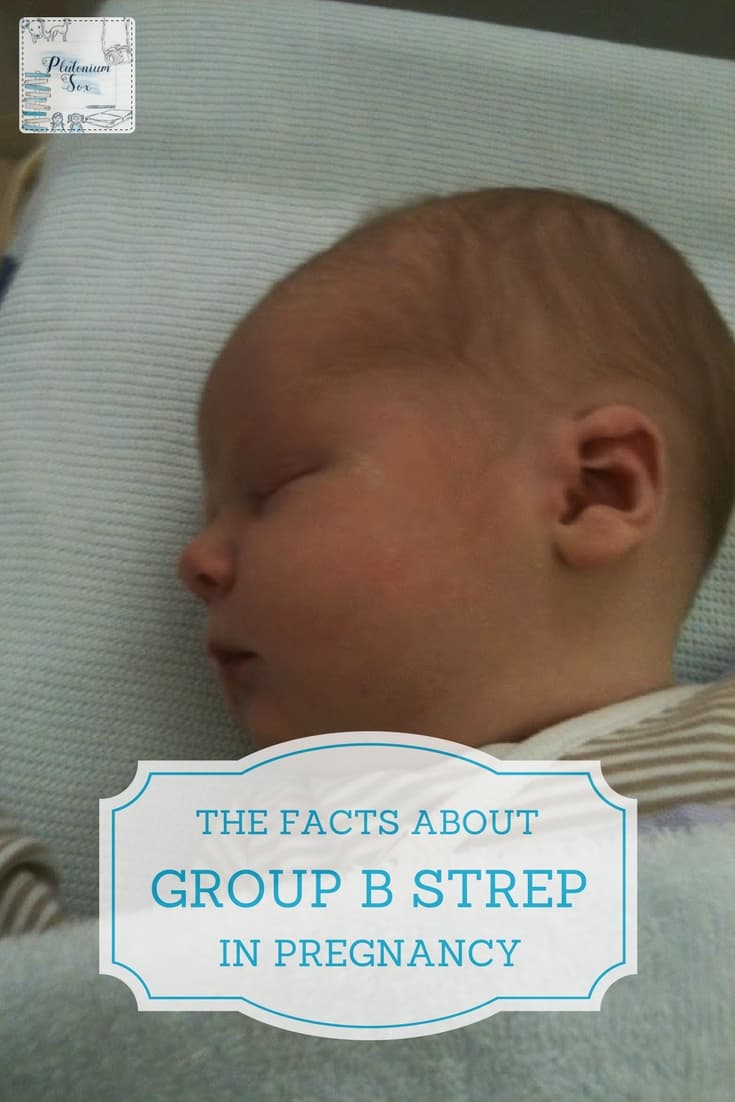The facts about Group B Strep
There is literally nothing worse as a mother than seeing your child unwell. And when that child is a tiny baby struggling to fight an infection, it must be horrendous. Sadly, this can be the reality for parents of babies who contract Group B Strep during childbirth.

What is Group B Strep
According to the NHS website, Group B Strep (GBS) is a bacteria that many people carry with no negative effects. In fact, one in five pregnant women are thought to carry it in either their vagina or their digestive system.
During birth, babies often come into contact with Group B Strep and the bacteria is passed on to them. For most, it is harmless but some sadly develop an infection. This usually happens within 12 hours of birth. The symptoms on the NHS website really shocked me.
They include being unresponsive and floppy, a slow or fast heart and / or breathing rate, a temperature, grunting, not feeding well and irritability. Can you imagine your newborn baby going unresponsive and having no idea why? The thought of it makes me panic.
And whilst most babies can be successfully treated, one in ten die from the infection. Of the survivors, one in five will suffer permanent problems as a result of Group B Strep.
Testing for Group B Strep
Those figures are not okay. The number of families that go through that horrendous experience is too high. Group B Strep causes more life-threatening infections among newborn babies in the UK than anything else. And infection is preventable by administering intravenous antibiotics to women who carry the bacteria from the time they go into labour.
In the UK, women are offered antibiotics if they are known to have GBS, if a previous baby has had it or if the mother has a fever during labour. If waters break over 18 hours before birth or before 37 weeks pregnant, these are also seen as risk factors. This successfully prevents infection in newborns in most cases. The risk drops from one in 300 to under one in 6000.
Despite this success rate, the NHS do not routinely test for Group B Strep during pregnancy.
Testing for Group B Strep
I had very little awareness of GBS when I was pregnant. I certainly wouldn’t have thought to have asked to be tested. But having seen the consequences it can have if it is passed on to the baby, I would make sure I knew if I was a carrier if I was to have another baby.
From week 35 of pregnancy, you can be tested for Group B Strep using a GBS test from EverGene. NHS guidelines state that if you are found to be a carrier, you will be offered intravenous antibiotics when you go into labour. The test will be sent to you for you to carry out at home. You can then send it back to EverGene via a free postal service for them to process your results. They will let you know how to proceed if you are found to be a carrier.
I don’t know why the NHS don’t routinely test for this, but I can absolutely understand why people opt for the peace of mind of being tested via EverGene.


![[AD] Premier League Writing Stars poetry competition winners](https://plutoniumsox.com/wp-content/uploads/2019/03/Premier-League-Writing-Stars-judges-Lauren-Child-Olly-Murs-Rio-Ferdina....jpg)




![The joys of buying second hand [AD]](https://plutoniumsox.com/wp-content/uploads/2021/03/flea-market-343123_1280.jpg)
Wow, I was completely unaware of this, but those stats are scary! I wonder why there isn’t more awareness?
I thought the same Sarah, I was totally unaware too. Hopefully raising awareness will help some people.
Nat.x
I’m a carrier, I’m 24, it was found after I’d had some routine tests around the age of 18. Saw the midwife for the first time last week and she’s told me i’ll be on IV antibiotics from start to finish. My 3 sisters and my mother are all carriers too. My mum had 5 C-sections, both my sisters had natural births with no problems. But IV antibiotics were there all the way through.
Thanks so much for sharing your experience Soph. Congratulations on your pregnancy.
Nat.x
Thank you for sharing GBS post and creating awareness of this very serious topic. I’ve never heard about this before.
What does the testing entail?
Thank you, I hadn’t heard of it before I was pregnant either. If you head over to their website it gives you details of what testing involves.
Nat.x